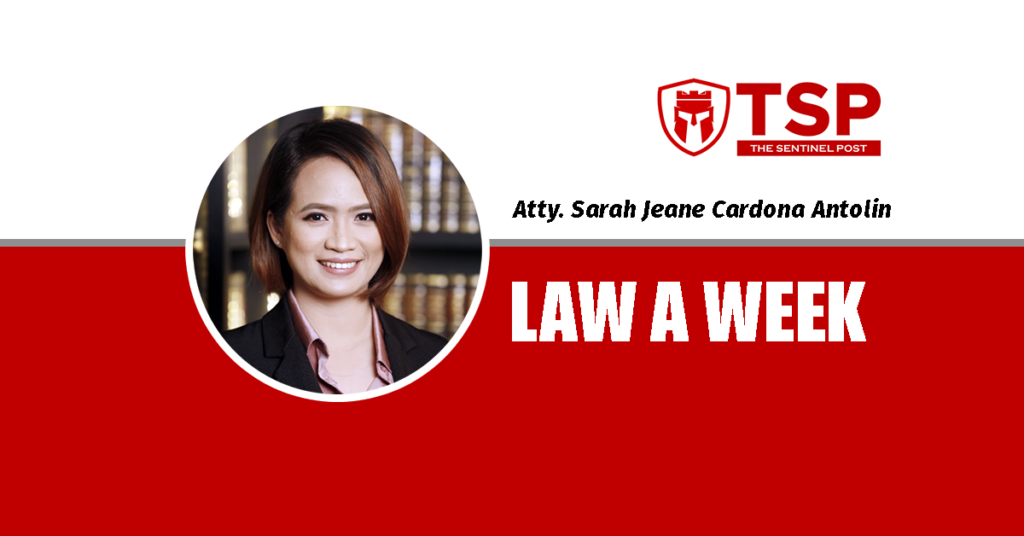Section 18 of the Magna Carta of Women provides that “[a] woman employee having rendered continuous aggregate employment service of at least six (6) months for the last twelve (12) months shall be entitled to a special leave benefit of two (2) months with full pay based on her gross monthly compensation following surgery caused by gynecological disorders.”
In relation thereto, the pertinent provisions of Department of Labor and Employment (“DOLE”) Department Order No. 112-A, s. 2012 provide:
- “[f]or purposes of determining the period of leave will be allowed to a woman employee, the certification of competent physician as to the required period of recuperation shall be controlling. (Section 4)
- “[a] woman employee can avail of the special leave benefit for every instance of surgery due to gynecological disorder for a maximum total period of two (2) months per year.” (Section 6)
Based on the foregoing, the actual period that shall be granted to the employee shall depend on the certification of a competent physician as to the required period of recuperation but shall in no case be more than two (2) months. Thus, the period of two (2) months granted under the law is only the maximum period granted under the special leave benefit.
The case of House of Representatives Electoral Tribunal vs. Panga-Vega (G.R. No. 228236, 27 January 2021) is instructive on whether an employee may shorten her leave to less than the period advised by her physician needed for recuperation.
In said case, the employee was given a period of fifteen (15) days but not to exceed two (2) months to recuperate. A month after she took the leave, the employee submitted a medical certificate stating that she was already fit to work after her physical examination. However, the House of Representatives Electoral Tribunal directed her to consume her 2-month special leave. In ruling in favor of the employee and allowing her to return to work before the expiration of her leave, the Supreme Court ruled as follows:
“The special leave benefit should be liberally interpreted to support the female employee so as to give her further means to afford her needs, may it be gynecological, physical, or psychological, for a holistic recuperation.”




